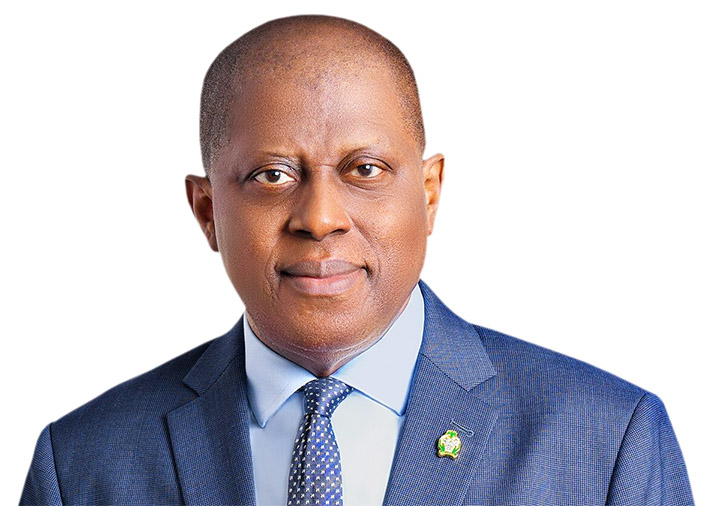As 2024 draws to a close, several key economic promises made by the federal government remain unfulfilled, exacerbating the challenges faced by Nigerians. These pledges were intended to cushion the effects of policies like the removal of the petrol subsidy in May 2023 and the unification of the foreign exchange (FX) market in July, both of which significantly raised the cost of living.
One of the most anticipated policies of 2024 was the suspension of duties, tariffs, and taxes on imported essential food items. Announced on July 10, this 150-day duty-free import window was designed to reduce the prices of key commodities such as maize, rice, wheat, and cowpeas. While the Nigeria Customs Service (NCS) confirmed the policy’s commencement on July 15, its implementation stalled. By September, the NCS indicated that it was waiting for a list of beneficiaries from the Ministry of Finance. Despite meetings between the finance ministry and Customs, the waiver had yet to take full effect as of December, leaving food prices unchecked. This delay has had a significant impact on low-income households. Food inflation surged to 39.93 per cent in November, compounding the struggle of families to afford basic necessities.
President Bola Tinubu signed an executive order on June 28 to eliminate value-added tax (VAT) and excise duties on imported pharmaceutical inputs and medical devices. This initiative was intended to revitalise the health sector and make healthcare products more affordable. Despite assurances from government officials, including the minister of state for health, the policy remains unimplemented. As a result, the prices of pharmaceutical products remain high, further straining Nigerians already grappling with rising living costs.
Central Bank governor, Olayemi Cardoso, predicted that inflation would fall to 21.4 per cent by the end of 2024, citing measures such as inflation-targeting policies, improved agricultural productivity, and easing global supply chain pressures. Contrary to this projection, Nigeria’s inflation rate soared to 34.6 per cent in November, the highest in 28 years. Efforts by the Central Bank, including five interest rate hikes, failed to tame inflation, leaving businesses and consumers alike struggling with reduced purchasing power.
In April, the federal government unveiled plans for a multipurpose digital identity card with payment capabilities. This card, a collaboration between the National Identity Management Commission (NIMC), the Central Bank of Nigeria (CBN), and the Nigeria Inter-bank Settlement System (NIBSS), was expected to streamline access to social and financial services. Nine months later, the project has seen little progress. Moreover, in November, the NIMC announced that citizens would have to pay for the cards due to limited government revenue, further dampening public optimism.
Following a Supreme Court ruling in July, the federal overnment was directed to disburse funds directly to local governments, bypassing state governments. This decision was intended to strengthen local governance and ensure the effective use of funds. However, implementation remains stalled. The minister of finance, Wale Edun, cited “practical impediments,” and an inter-ministerial committee was formed to address the issue. Five months later, the process is still in its early stages, leaving local governments without the promised autonomy.
A report by the National Bureau of Statistics (NBS) revealed that 65 per cent of Nigerian households were unable to afford healthy meals in 2024. Financial hardship forced nearly half of households to reduce food consumption. Between June and August, food shortages were particularly severe, highlighting the deepening crisis of food insecurity.
Plans to establish a credit guarantee company aimed at improving access to financing for small businesses were also announced this year. However, no concrete steps have been taken to operationalise this initiative, leaving small businesses without the much-needed support to thrive in a challenging economic environment.
The federal government’s inability to deliver on these critical promises has left many Nigerians feeling the weight of unfulfilled expectations. As the nation enters 2025, the gap between policy announcements and implementation highlights the urgent need for accountability, decisive action, and a renewed focus on alleviating economic hardships. Without these, the trust and optimism of the people may continue to erode.





